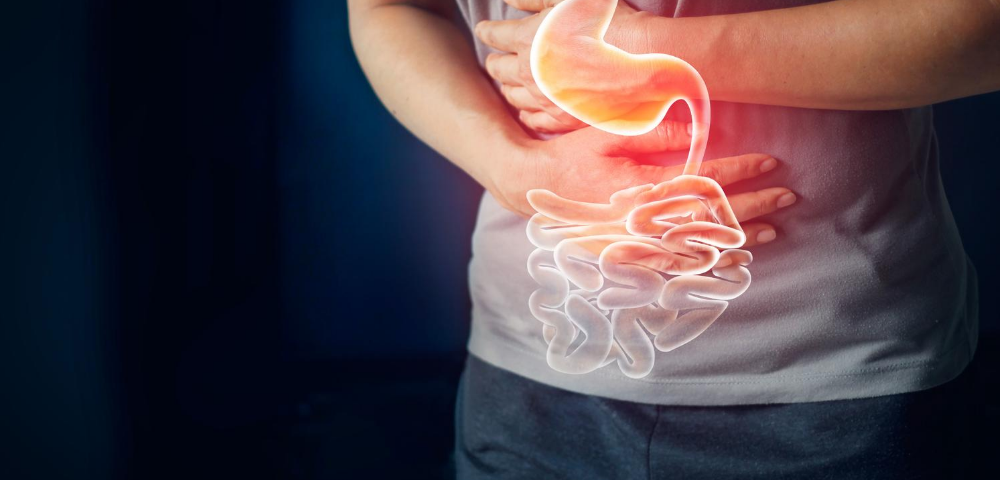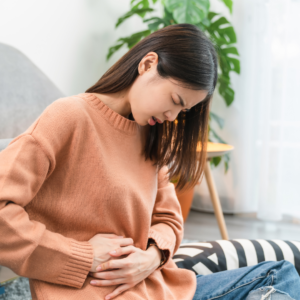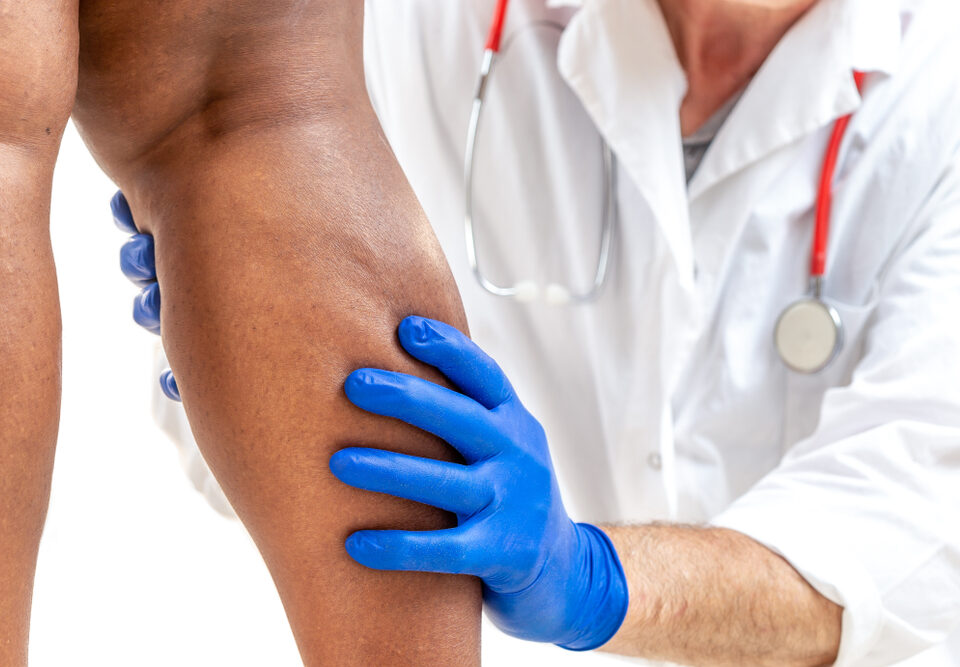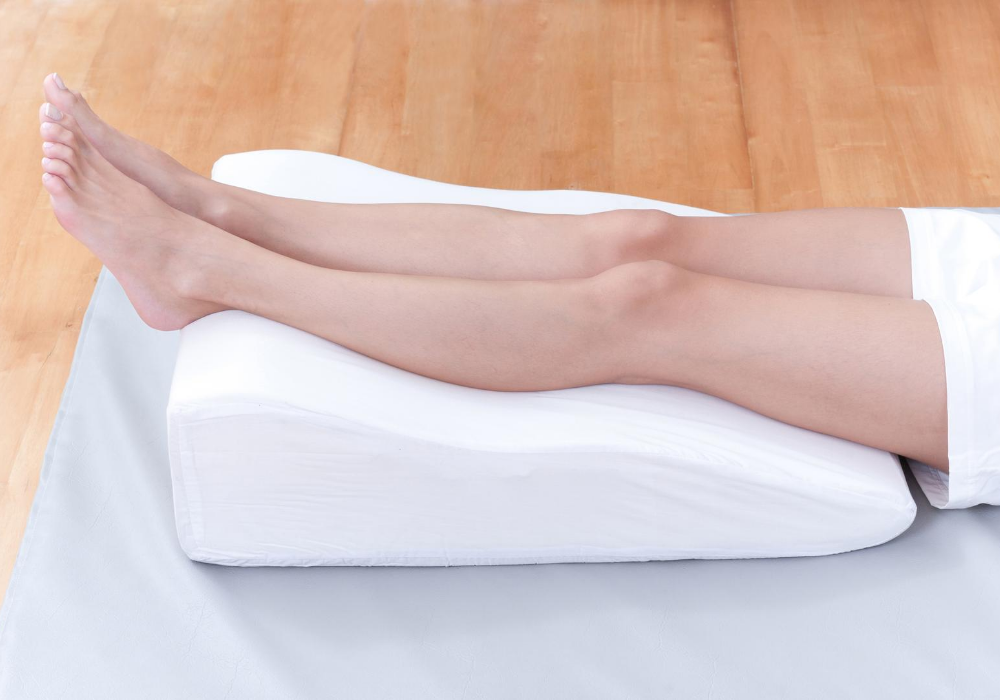
How to Prevent Leg Veins
July 27, 2020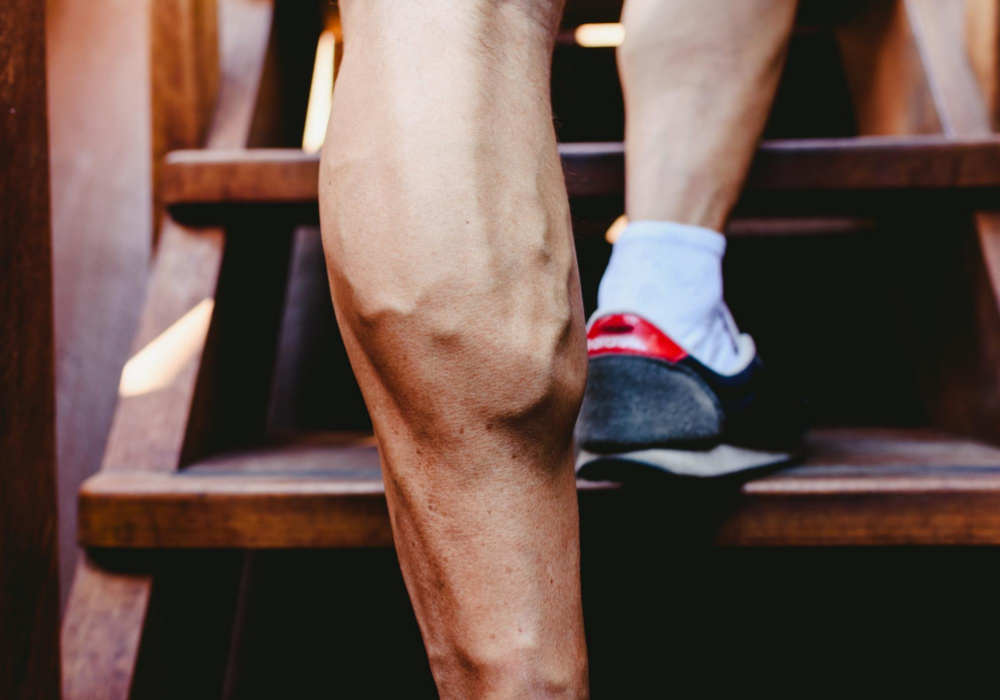
Varicose Veins: Surgery vs. Laser Vein Treatments
July 28, 2020Are you aware of the signs and symptoms of gastric varices? Do you even know what they are?
While gastric varices are not commonly discussed, they occur often when there is too much pressure in the portal veins. They are commonly found in half of all liver cirrhosis patients.
Learn more about the signs and symptoms of gastric varices, below.
Gastric Varices
Gastric varices can be separated into two categories depending on where they are located.
These two categories are cardiac or fundic.
Gastric varices work by promoting the submucosal veins in the stomach to dilate and swell.
This can cause secondary conditions which can lead to internal bleeding and other concerns.
Liver Disease
Patients with cirrhosis or chronic liver disease often experience gastric varices.
Common things to look for are:
- Abdominal swelling
- Feelings of weakness or increased fatigue
- Weight loss (appetite loss)
- Easy to bruise or excessive bleeding
- Muscle cramps
Portal Vein Hypertension
When increased pressure in portal veins re-routes the blood from the liver, smaller veins are not able to handle the new larger blood flow.
This can lead to swelling and rupturing of these smaller veins.
Symptoms to look out for include the following:
- Swollen abdomen
- Fever
- Stomach pain
- Melena or hematemesis
- Symptoms of Neuropsychiatric Syndrome
- Hematochezia
- Ascites
- Anal hemorrhoids
- Caput medusa
- Paraumbillical hernia
Treating Bleeding Varices
While bleeding varices are an emergency medical condition, they can be restrained through beta-blockers and banding techniques.
Additionally, antibiotics are often prescribed to prevent recurrence or other complications.
FAQ Gastric Varices Symptoms
Gastric varices are enlarged and dilated blood vessels in the stomach. Although they produce no symptoms when swollen, they can cause fatal bleeding if they burst. So, how do you know if you are experiencing gastric varices symptoms?
What are Gastric Varices
Gastric varices form when blood flow to the liver is blocked. It may be clocked by a blood clot or scar tissues, but either way, since blood can’t pass through it diverts to smaller vessels. These vessels are not equipped to manage this volume of blood and so they swell. If they are not treated, they can eventually burst from the pressure.
What Causes Gastric Varices?
The main cause is cirrhosis, AKA liver disease. Around half of patients who develop gastric varices have scarring and damage to the liver that prevents normal blood flow. This is called portal hypertension. It may also be caused by a blood clot in the portal vein or parasitic infections that damage the liver.
Gastric Varices Symptoms and Signs
Since gastric varices doesn’t produce digestive health symptoms until they rupture, you may not know there is an issue until its and emergency. Symptoms that gastric varices have burst include:
- Feeling lightheaded and weak
- Fast heart rate and low blood pressure
- Black, bloody, or tarry stools
- Vomiting blood
- Losing consciousness
Diagnosis
Providers use imaging tests and endoscopy to screen for this condition. If you have cirrhosis, your doctor will likely screen you for this condition. Testing options include capsule endoscopy, which involves swallowing a pill with a tiny camera inside, or an endoscope exam, which involves inserting a tube with a small camera down your throat.
Treatment for Gastric Varices
If you are diagnoses with this condition before it ruptures, there are a few things that doctors can do to lower the risk of rupture. These include:
- Medications to lower blood pressure
- Cyanoacrylate injections
An immediate endoscopy is required in the even of rupture. You will also need blood transfusion and other intravenous medications. Additionally your doctor may perform sclerotherapy, place a stent in the middle of the liver to reconnect the hepatic vein with the portal vein (TIPS), or reduce pressure by connecting the splenic vein to the kidney vein (DSRS).


